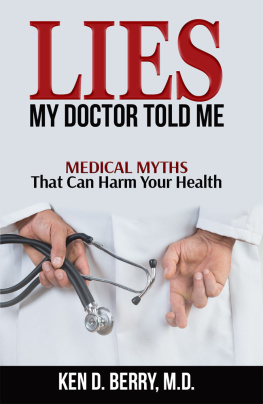Testimony of Two Men by Taylor Caldwell
Someday the town of Hambledon might forget the lies they told about their brilliant young doctor. But they could never forgive the truths he told about them.
From this compelling story of a doctor at war with the world he has been taught to heal, Taylor Caldwell has fashioned a novel of an unforgettable, angry idealist -- a novel in which the drama of new medical frontiers becomes part of a sweeping chronicle of love, death, desire, and redemption.
She wore nothing but a long cotton nightgown. Her hair tumbled down her back and her blue eyes were wide with fright.
"I thought you had gone!"
"Jenny!" he said, and took a step toward her.
She retreated, crossing her arms across her breasts. She had never seemed so beautiful to him, nor so desirable, as in her present disheveled state.
He took another step toward her. She fell back, but he caught her wrists and pulled her to him. She tried to resist. He bent over her and tried to kiss her, but she swung her face away from him and her soft black hair swept over his face. Then she was very still, no longer struggling.
Suddenly, wildly, she came to life. Both her hands were on his shoulders, pushing him away. Her eyes were a furious blue blaze of hatred and her teeth were clenched.
"Murderer!" she shouted. "Murderer!"
TESTIMONY OF TWO MEN
A Fawcett Crest Book reprinted by arrangement with Doubleday and Company, Inc.
Copyright 1968 by Reback & Reback
All rights reserved
ISBN: 0-449-23212-3
Printed in the United States of America
Dedicated with respect and admiration to the memories of those men, who, like Jonathan Terrier, suffered so much and fought so hard to bring us modern medicine's blessings.
FOREWORD
I first heard this story of "Jonathan Ferrier" when I was a little girl, and I heard it from our family physician.
The history of medicine has its martyrs as well as the history of religion. Though many know the Saints who died for them, by name, few know the names of the physicians who lived and fought for them, and who were as dedicated to humanity as the Saints themselves.
Few know the names of the men who brought asepsis to modern hospitals, and immunology, yet millions of us now living would not be alive now except for those men. Millions of diabetics are following healthy and productive lives because of insulinbut how many know the name of the man who saved them? Children are now in school who would have died except for the men who formulated vaccines for diphtheria and smallpox and poliomyelitis, but how many remember them?
Scores of these heroes suffered ignominy, exile, ridicule and dishonor to save us. Some were driven mad and to suicide. Yet, they persisted.
Among them was the man, always unknown to me, but whom I have named "Jonathan Ferrier" in this book. If he seems somewhat excessive and bellicose, he was fighting for the lives of all of us who were born, as I was born, in the twentieth century. He was one of thousands, unwept, unhonored and unsung, and remembered, perhaps, only by God.
TAYLOR CALDWELL
It is also written in your law that the testimony of two men is true.
JOHN 8:17
CHAPTER ONE
When young Robert Sylvester Morgan had occasion to write his mother, he always made what he wryly called "a first draft." This was done on foolscap paper (he had been taught thrift) and then recopied on a better grade, where he could use his elegant Spencerianwhich he loathedin a way to please his mother, and in words and phrases which would not startle her.
"June 8th, 1901
Hambledon, Pennsylvania Quaker Hotel
"Dear Mama:"
(He paused. Why in hell wouldn't she let him call her Mother? "Mama," at his age, for God's sake!)
"You will be happy to know that matters have culminated successfully since I arrived here a week ago. Hambledon is a beautiful town of about twenty-five thousand people, not to be compared with Philadelphia, of course, but adequate and lively." (After a moment's thought he crossed out the last word and substituted "up-to-date.") "It is situated on the river, quite broad near at hand, almost a bay, and studded, here and there, with pretty islands. Very picturesque.
"The people are pleasant and friendly and very civil." (His mother's pet word.) "There is considerable industry, but it is located near the fringes of the town, so that the air is clear and fresh, an excellent thing for your arthritis and asthma.
Though on the water, the atmosphere seems dry. There appears to be little poverty and the working class is energetic." (His mother would approve of that!) "The better sections of the town are charming, with broad streets, fine old lawns, magnificent treeselms, birches, oaks, pine, sprucesand houses which would be considered impressive even in Philadelphia. I have already selected four for your choice and approval, and will take you about to them when you arrive next week. Any of them would delight you." (Would they? Nothing delighted his mother very much. Perhaps he was being uncharitable, or even irritable. He had never felt this way toward his mother before. He paused to wonder, then shook his head, baffled.)
"Behind the town rises a whole ridge of mountains, inspiring at dawn." (He had seen the dawn only once this week and then inadvertently, but his mother liked the mention of dawns.) "The very best people live on the lower reaches of the mountains in splendid residences. As for hospitals, the most important things to me at this time, there is one great one, called the Friends', though it is not exactly Quakerish." (His mother detested Quakers.) "It is partly town-supported. The other hospital is private and select and very expensive. To be on the staff is something to be coveted."
Now came the difficult part of the letter, and he gnawed the end of his pen and contemplated the mountains he so admired through the polished window of his neat little room. He finally continued:
"Hambledon's hospitals serve not only the town but the villages and the farms outside, of course, and have the best of reputations. In fact, the hospitals here would be admired even in Philadelphia or Boston or New York. Very modern." (He frowned at the last word; his mother could not bear anything "modern." But he let it remain.) "I confess I was agreeably surprised. I have met a number of physicians and surgeons here, all enlightened men except for a few, and all gentlemen with distinguished reputations. Three are regularly called into consultation in Philadelphia, Pittsburgh and even New York, for they are specialists in their field. One of them" (he winced) "is Dr. Jonathan Ferrier, though you may find that hard to believe. But I have read his lectures and his articles in the organ of the American Medical Association, and I can assure you that he is greatly esteemed."
He wrote faster now: "It is my belief, based on constant association with Dr. Ferrier, that he has been a much-maligned man, and that he was truly innocent of his wife's death. I need not recall to you that he was forced to demand a change of venue from Hambledon to Philadelphia in order to get a fair trial. But the Philadelphia newspapers were hardly more just than the newspapers in Hambledon. However, as you know, he was acquitted. He has had his license to practice restored, and his place on the staffs of both hospitals. But he is very embittered. He has talked little with me on the matter but quite enough to arouse my own indignation, for have you not always taught me to weigh all things in a proper measure, and objectively?" (A nice touch, there. Please the old girl. I'm becoming a diplomat, he thought.) "I can't blame him for his resolute decision not to practice in Hambledon any longer. He was once the most popular surgeon in the town, and his family is well-bred, established, wealthy and highly respected. Old settlers." (His mother loved "old settlers.") "But you will remember all this was aired in the newspapers. I have met his mother, a great lady though somewhat of an invalid. Mrs. Ferrier is very anxious to meet you and make you welcome." (A rich lie, but certain to elate his mother.)



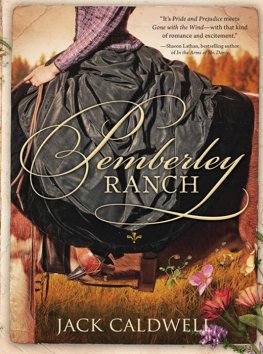
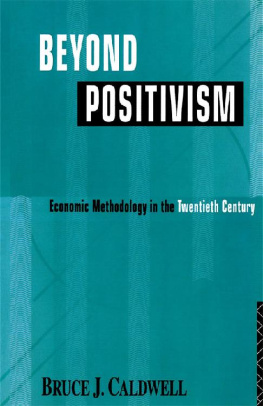
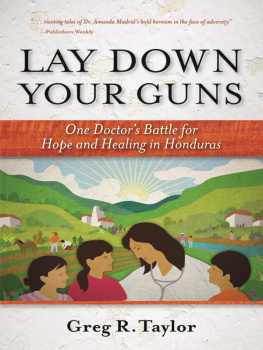

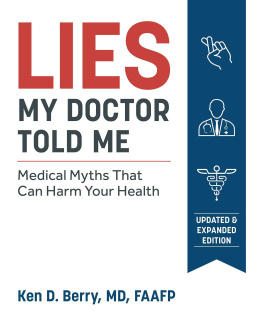
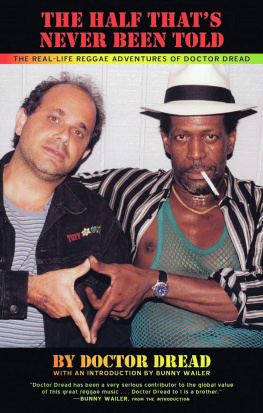

![Chloe Caldwell [Chloe Caldwell] - Women](/uploads/posts/book/114454/thumbs/chloe-caldwell-chloe-caldwell-women.jpg)
